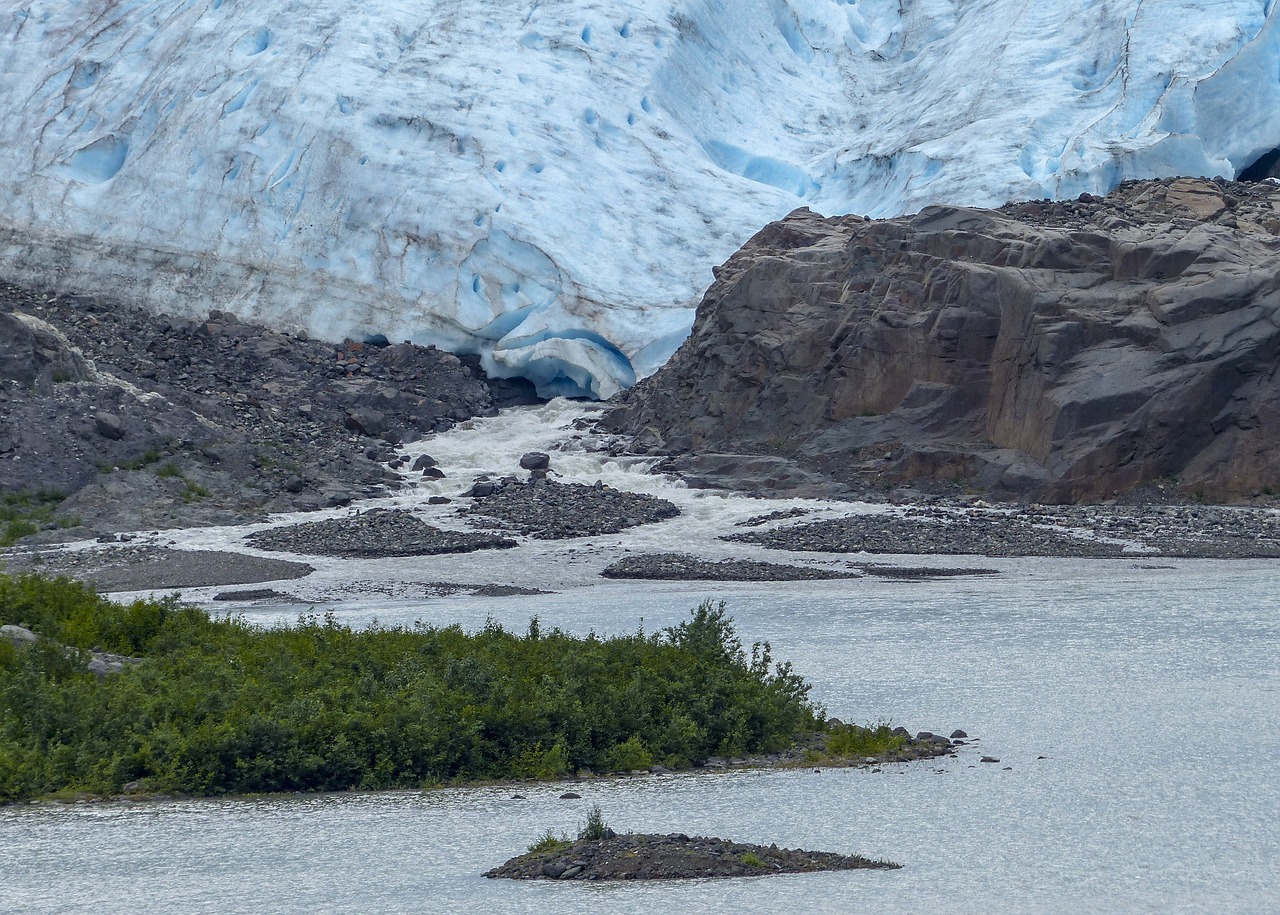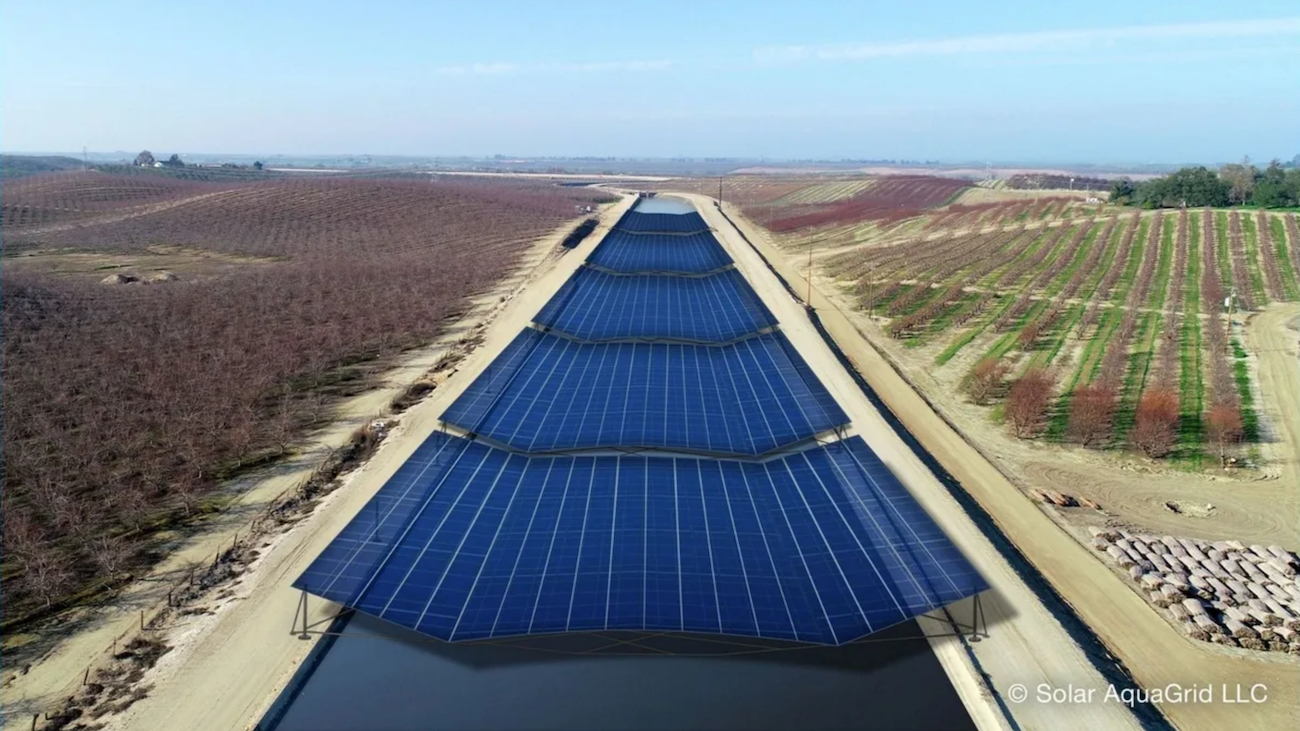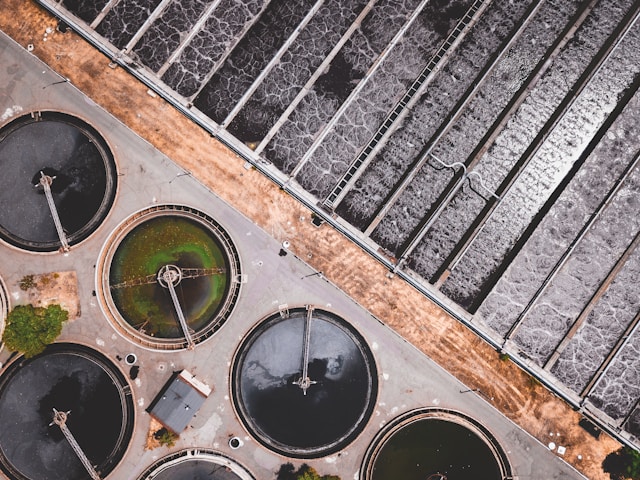Microbial Flourishing Amid Glacier Shrinkage
A group of researchers from EPFL and Charles University in Prague has revealed that microbial life is poised to flourish in mountain streams due to the continued shrinkage of glaciers, suggesting an unforeseen ecological shift in response to glacial retreat. While the detrimental effects of global warming are undeniable, this research indicates an unexpected ecological transformation linked to glacial retreat.
The conclusions, presented in Nature Geoscience, are based on an examination of samples collected from 154 streams worldwide that are fed by glaciers. This study is a component of the Vanishing Glaciers project led by EPFL and supported by the NOMIS Foundation.
During the summer, streams fed by glaciers become turbulent and murky, with substantial amounts of glacial meltwater stirring up rocks and sediment. Normally, glacial meltwater carries high volumes of sediment and flows at frigid temperatures. This process restricts the penetration of light to the streambed, and the cold temperatures and snow during other seasons create unfavorable conditions for the establishment of a diverse microbiome.
The “Greening” Phenomenon: Algae’s Impact on Mountain Ecosystems
However, as glaciers shrink due to rising temperatures, the flow of meltwater lessens. This translates to calmer, warmer, and clearer streams, creating ideal conditions for microbial life to flourish. “We are witnessing a significant transformation at the microbial level in these ecosystems,” said Tom Battin, professor at EPFL’s Laboratory of River Ecosystems. This increase in microbial activity, particularly algae, is termed a ‘green transition’ by scientists, referring to the rise in primary production at the base of the food web.
Long-term Implications of Glacial Meltwater Changes
While this greening seemed positive, the long-term effects remain unclear. The increased demand for nutrients by these microbes could lead to phosphorus scarcity, potentially impacting downstream ecosystems. Further research is needed to understand the full ecological ramifications of this glacial meltwater-induced green transition.







